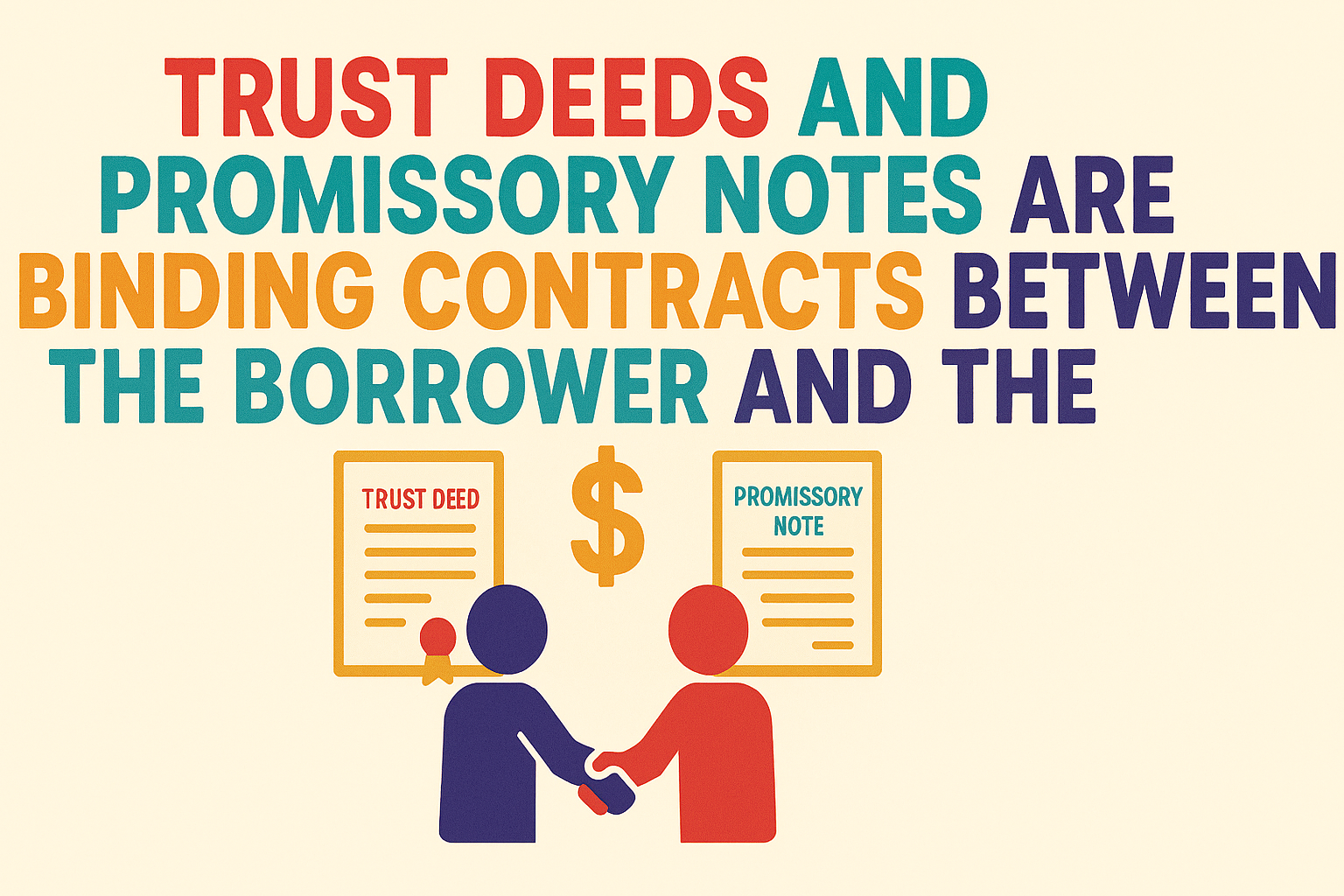Quick Overview
Legal documents, such as the executed promissory note and the security instrument called the deed of trust, are not just pieces of paper. They are binding contracts between the Borrower and private-party lenders, referred to as principals, not the broker.
After loan closing, the investors or their loan servicing agents will retain the executed documents for safekeeping and as evidence of the investment. This is crucial, as it provides a record of the loan agreement and can be used as evidence in the event of any disputes or legal issues.
As investors, we trust our agent, often a broker, who has a fiduciary responsibility to protect our interests. This trust is not just a formality; it is the foundation of the lending process, ensuring that all parties understand the loan terms and conditions and giving you a sense of security and confidence.
